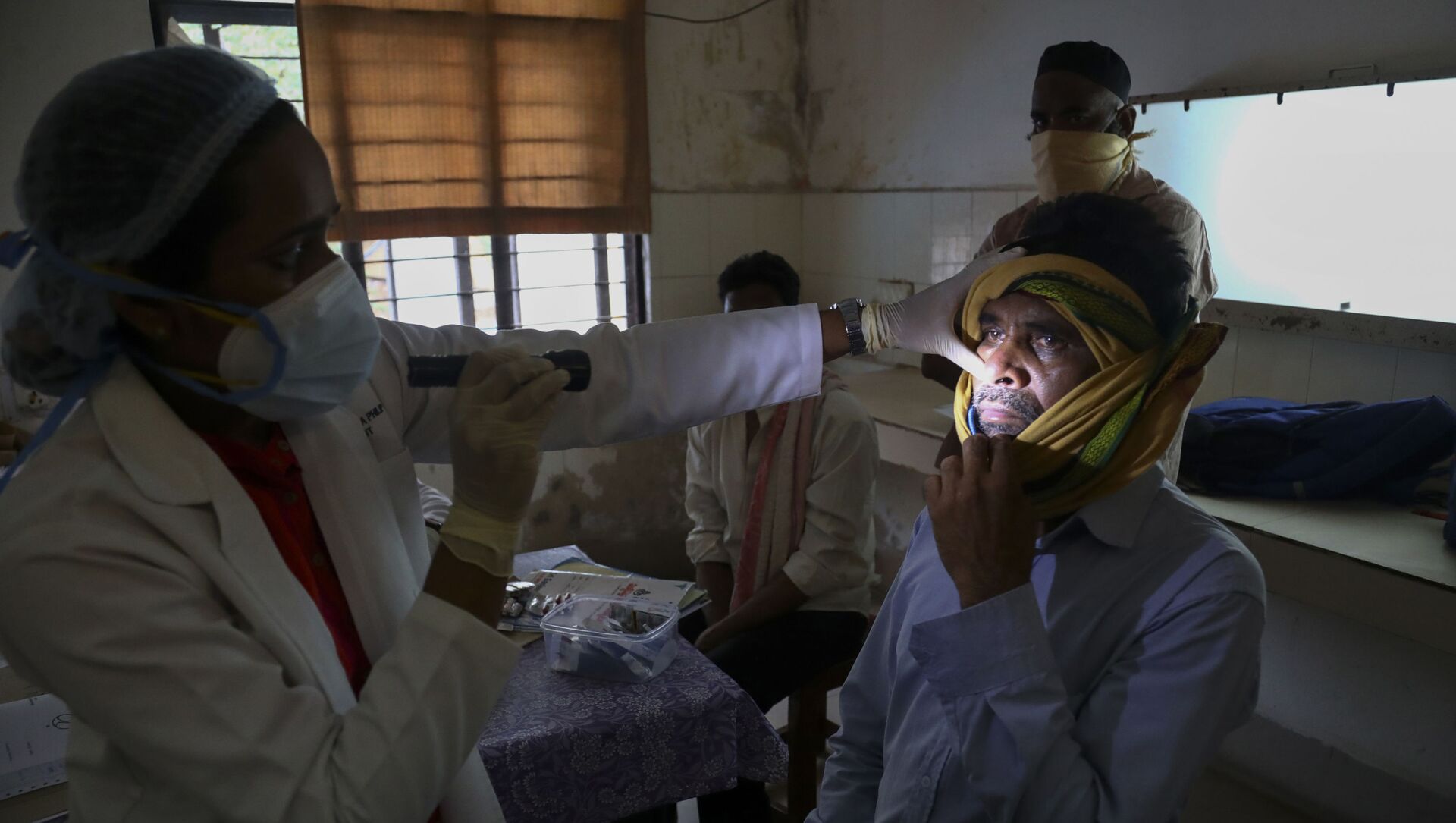As rising cases of black, white, and yellow fungus are reported in India, a new fungal infection called aspergillosis has now been detected in several parts of the country. The city of Vadodara has reported eight new cases of aspergillosis as well as several black fungus infections. All of the infected have been hospitalised.
Both COVID-positive patients and those who have recovered from the virus in Mumbai and Ghaziabad have been infected with aspergillosis.
What is Aspergillosis?
Aspergillosis is an infection caused by aspergillus, an allergic reaction, or fungal growth of a common mould that exists indoors and outdoors.
According to experts, the fungus – which grows on dead leaves and decaying vegetation – is commonly found in our environment and most of us breathe in its spores every day without getting sick.
However, contracting the illness is very rare. Media reports say that those with weakened immune systems or lung diseases, both common in COVID-19 patients, are at a high risk of infection.
Sinus pulmonary aspergillosis, which has been recorded in COVID patients in India, is rare although it is not as deadly as black fungus, say experts.
"Fungus is always present in the environment all the time. They are opportunists and whenever there is some weakness in the body only then do they overtake. Aspergillosis is very common in people who have Tuberculosis. So it is not a new fungal infection," Dr. Naresh Trehan, chairman of Medanta Hospitals, told Sputnik.
"The only thing is, normally such incidents are very low. Since a large part of the population got serious COVID-19 infection and had to be treated with steroids, we are seeing this opportunist fungus in people whose immunity has been seriously compromised," he added.
'Aspergillosis is Not Contagious'
According to the US Centre for Disease Control and Prevention (CDC), aspergillus can cause allergic reactions, lung infections, and infections in other organs.
It says aspergillosis is not contagious and can’t spread between people or between people and animals. The symptoms of the fungal infection vary; for example, the symptoms of allergic bronchopulmonary aspergillosis (ABPA) are similar to those triggered by asthma including wheezing, shortness of breath, cough, and fever (in rare cases).
In aspergillus sinusitis, stuffiness, a runny nose, headache, and reduced ability to smell are some of the common symptoms. Symptoms of aspergilloma or “fungus ball” include coughing, coughing up blood, and shortness of breath. Those who get chronic pulmonary aspergillosis complain of weight loss, coughing, coughing up blood, fatigue, and shortness of breath.
Fever is a common symptom of invasive aspergillosis. Usually, invasive aspergillosis occurs in people who are already sick from other medical conditions, so it can be difficult to know which symptoms are related to an aspergillus infection.
However, the symptoms of invasive aspergillosis in the lungs are a fever, chest pain, coughing, coughing up blood, and shortness of breath. But other symptoms can develop if the infection spreads from the lungs to other parts of the body.
Dr. Trehan explained that aspergillosis can be treated with anti-fungal medicine Amphotericin.
"People need to be aware of the symptoms so that they can be treated early. Because once it has spread to the eye or the brain it becomes very dangerous," the leading Indian surgeon added.



